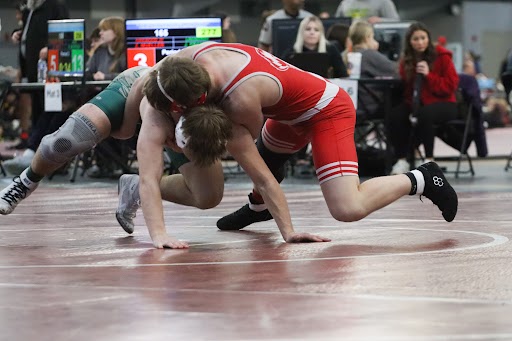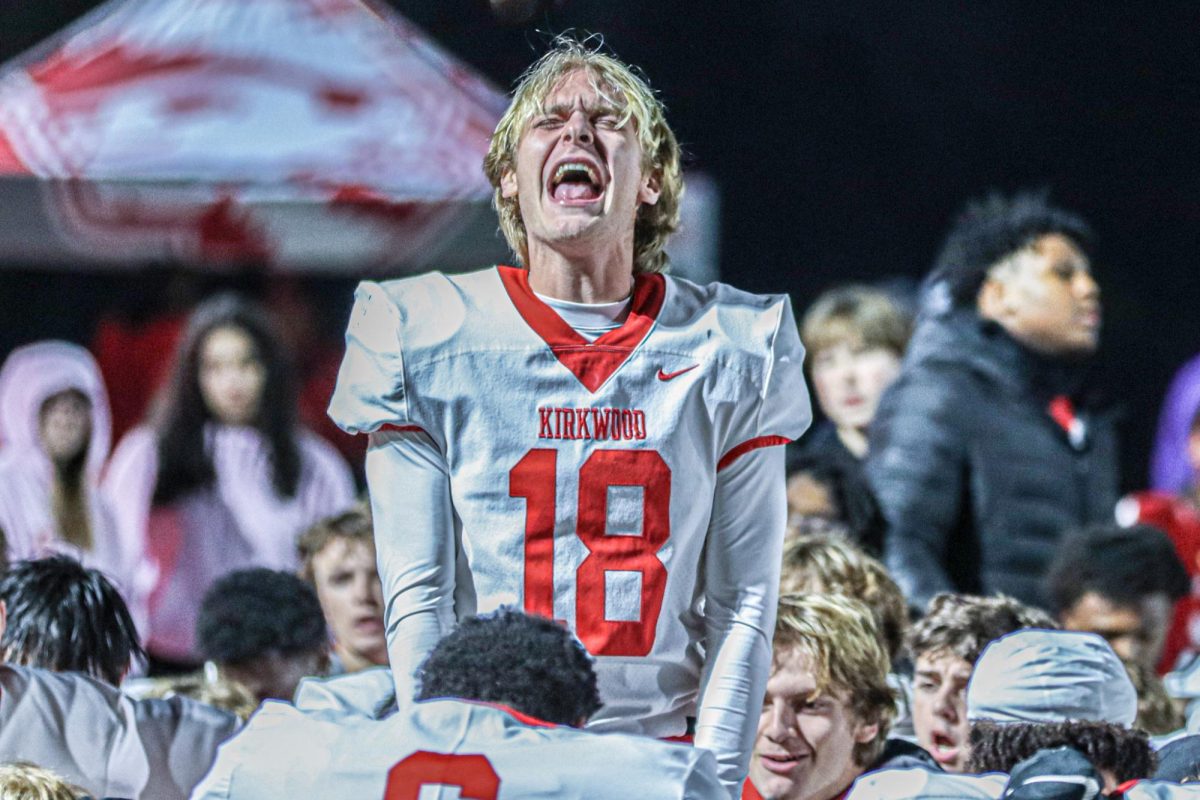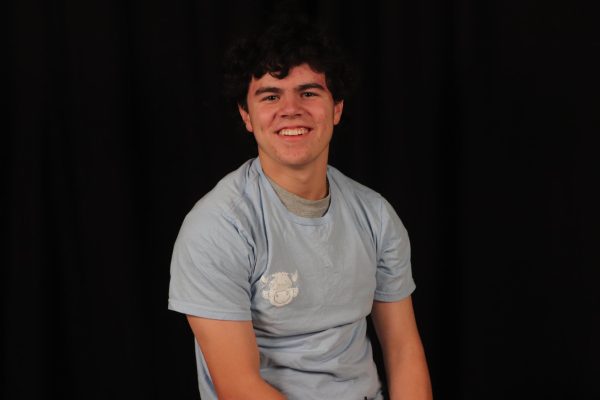FanDuel. DraftKings. BetMGM. Parlays. Player Props. Over Unders. Moneylines. Legal in all but 12 states, including Missouri. However, this election season could change that. A new amendment has been proposed to be added to the Missouri constitution that would legalize sports betting for anyone over the age of 21.
The history of legalized sports gambling started when Senator Bill Bradley, also a former NBA all-star, headed the Professional and Amateur Sports Protection Act of 1992, banning all sports gambling throughout the country. These laws were followed in all but the state of Nevada, shockingly. In 2018, the Supreme Court dismantled this law declaring it unconstitutional. This caused a trickling effect across the US, where different states swarmed to legalize sports gambling.
Many people have found ways to bypass Missouri’s ban on sports betting, whether it be Fliff, a fake currency virtual sports gambling app, or traveling across state lines into all eight bordering states, where sports wagering is legal. However, the removal of this ban on sports would have other implications throughout the state.
Missouri plans to take a 10% tax on all sports betting, with 90% of that going towards the public education system and the rest to the casinos’ host city. Howbeit, if the sports book brings in less money than it pays, no money is paid to the state government.
Kansas has implemented the same 10% on its sports betting, but the gamble is on how smart its citizens are. According to Missouri Business Alert, ESPN Bet in the month of July had a negative revenue of $1.4 million, meaning no taxes. But the biggest online sports betting company in Kansas, DraftKings, has had to pay taxes every month in 2024.
The big caveat is that according to the constitutional amendment, “Any negative adjusted gross receipts shall be carried over and calculated as a deduction in the subsequent calendar months until the negative figures [have] been brought to a zero balance.” So, betting companies will rack up debt every time they pay out more money in a month, which will be paid off periodically.
According to Ballotpedia, the arguments are less for or against sports gambling, but more about the tax rates and where the money is going. Senator Denny Hoskins said that “the tax rate is very low”, there isn’t “enough money in there for problem compulsive gambling” and he’s ensuring “that Missourians are protected.” However, Jack Cardetti, spokesman of Winning Missouri Education, said Missouri is missing out on “millions of dollars that could be going to our classrooms, and millions of dollars of economic opportunity.”
To be honest, most people voting on this are just salivating about the opportunity to place a 10 leg anytime touchdown parlay, that they swear is a lock, when they wake up on Sunday. But this initiative is way more than gambling. It is an opportunity for money to be administered into the public education system. However, this doesn’t come without many concerns with the tax rate being too low and gambling addiction help.









